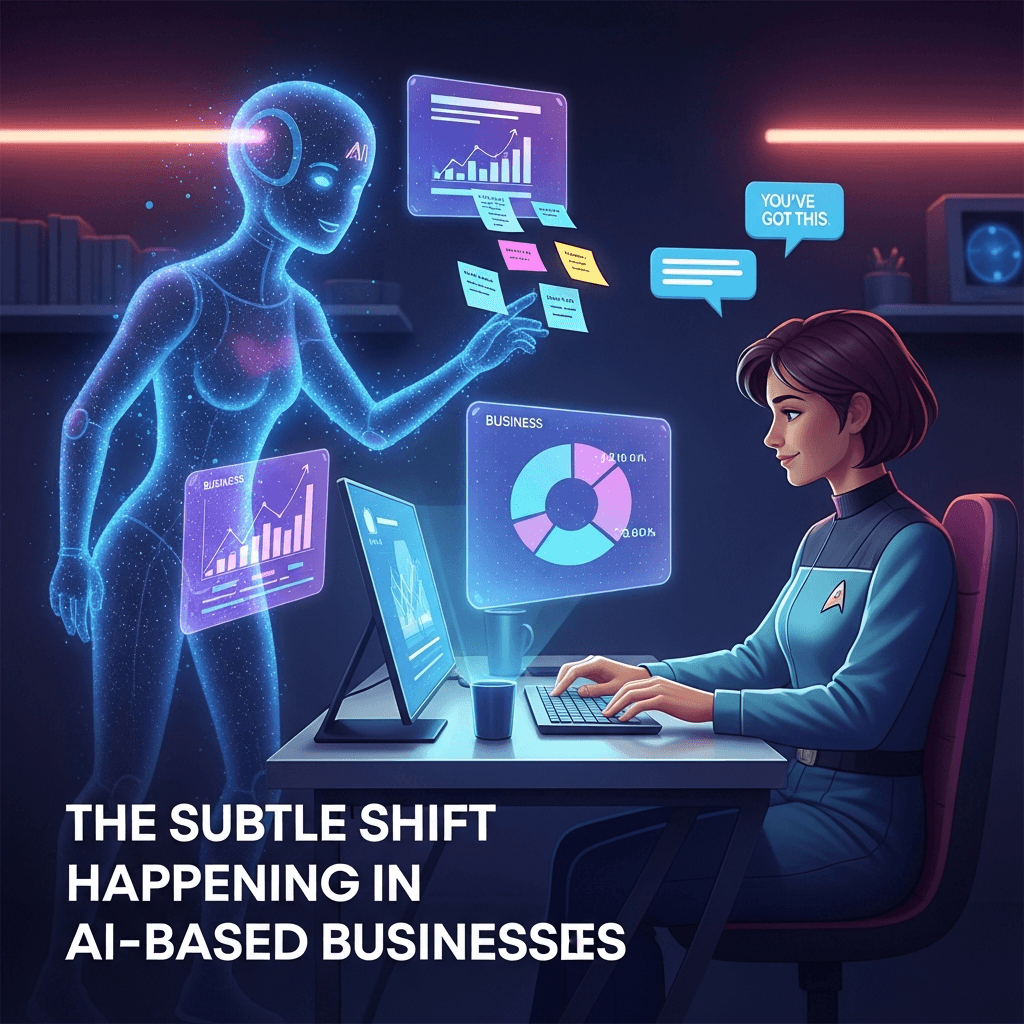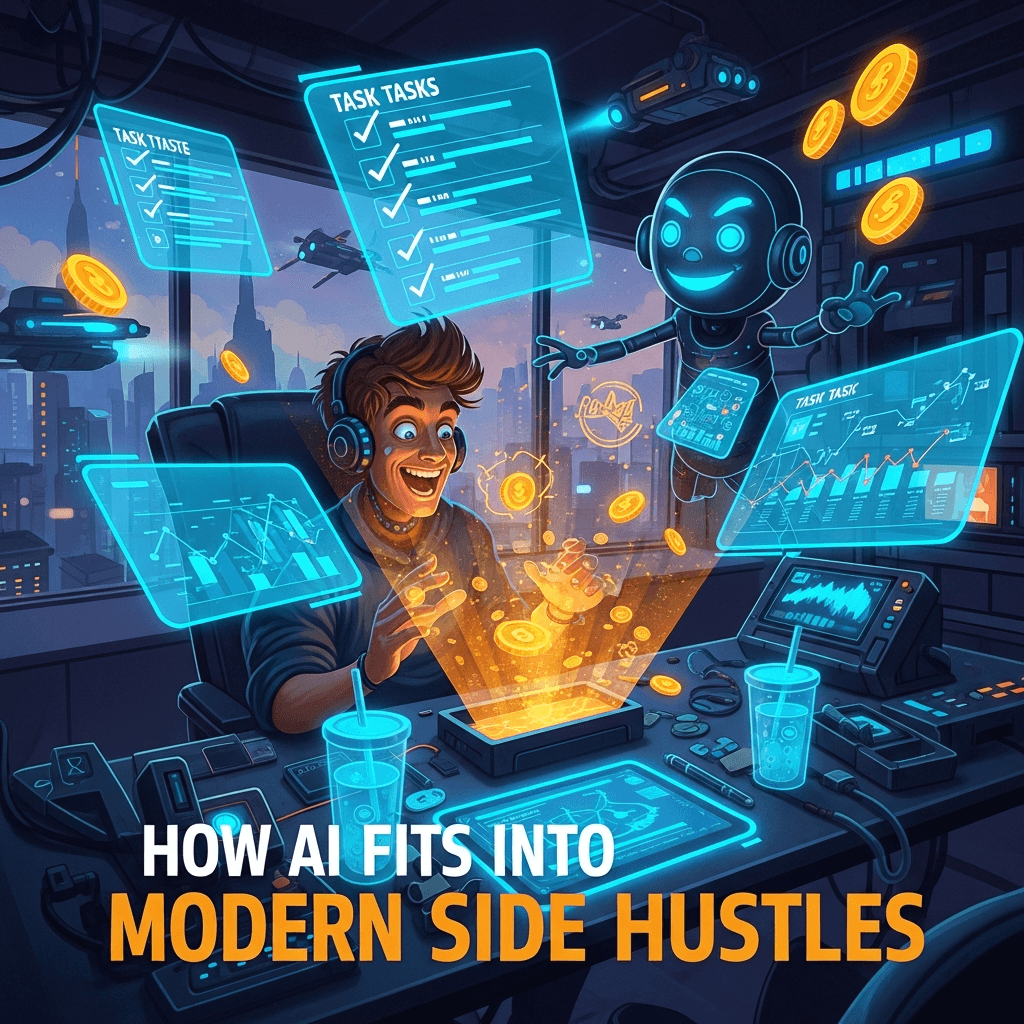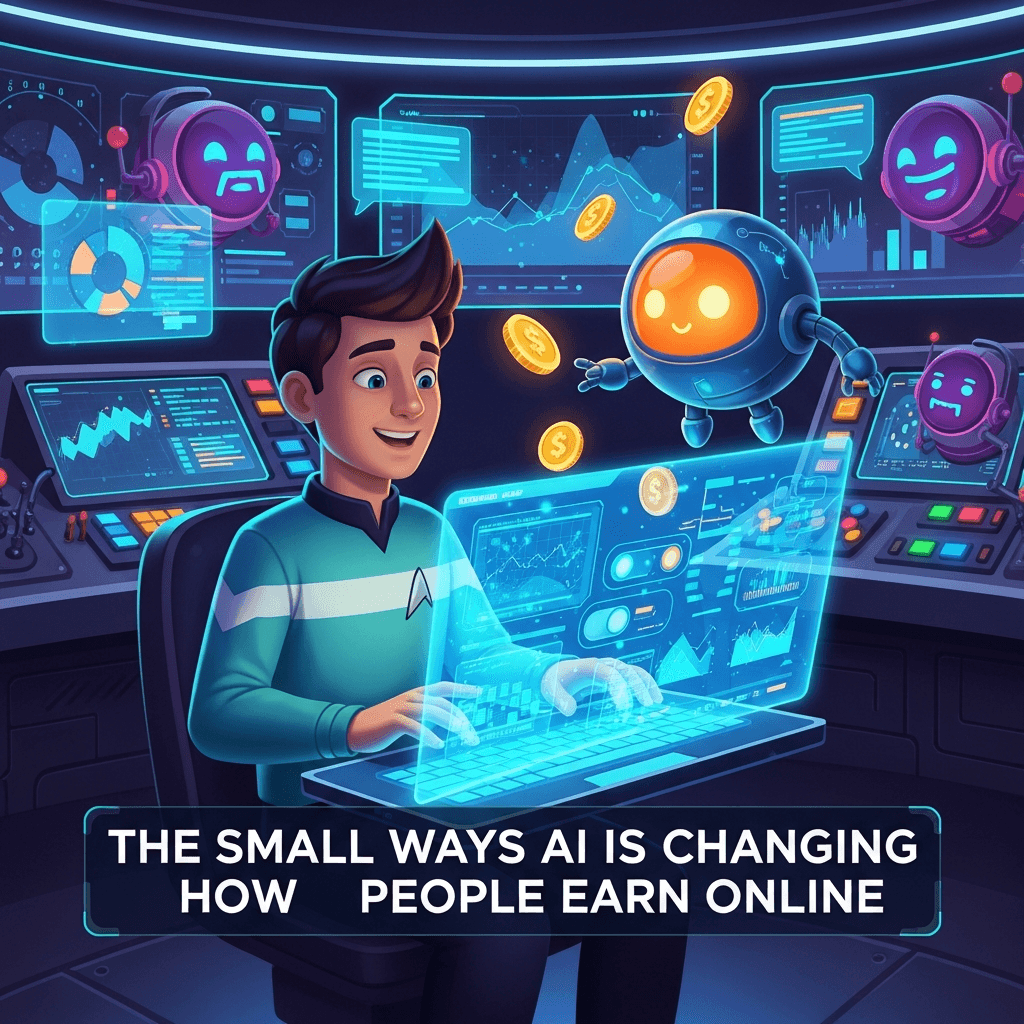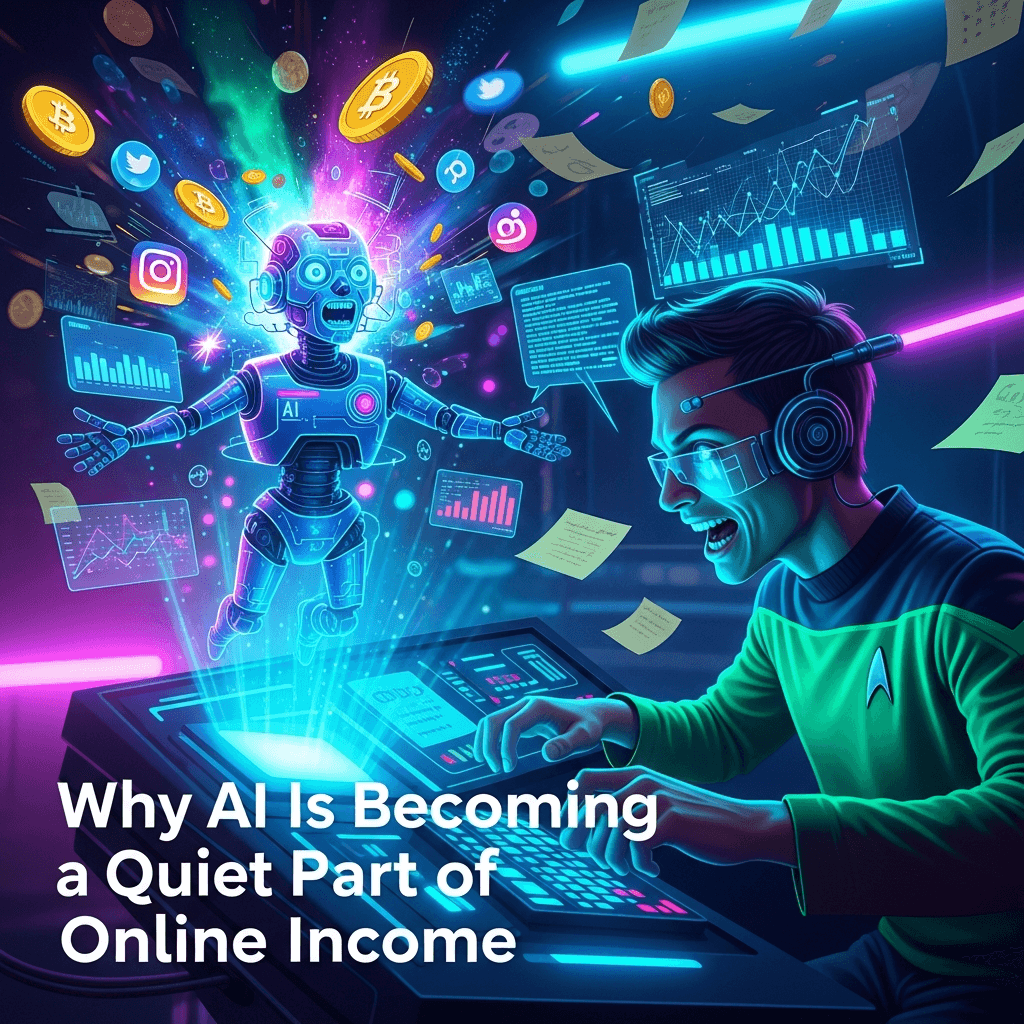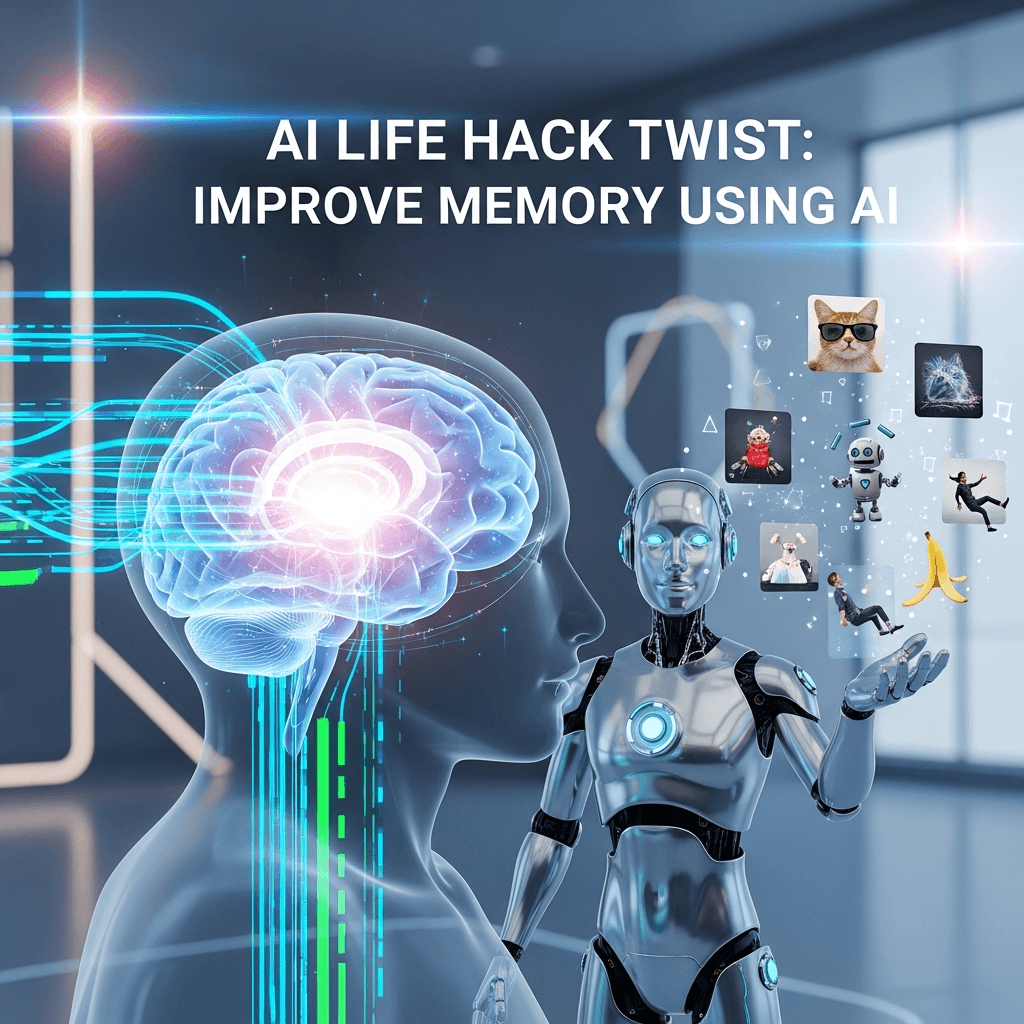AI knows your shopping habits, your favorite shows, even when you might get sick. Sounds helpful, right? But the same tools that make life easier also track, record, and predict everything you do. Is AI the assistant we always wanted—or the spy we never asked for?
Introduction
Remember when privacy meant closing the curtains or locking your diary? Cute. In 2025, privacy means hoping your phone, fridge, or smart speaker isn’t eavesdropping. AI makes life smoother, but it also means someone—somewhere—knows way more about you than you’d like.
How AI Collects Your Data
- Smartphones: Track your location, searches, and app usage.
- Smart homes: Alexa, Google Home, and smart TVs listening for commands (and maybe more).
- Wearables: Fitness trackers monitoring your health 24/7.
- Web activity: AI ads following you across websites like a clingy ex.
Every click, swipe, or step becomes another piece of your digital puzzle.
The Upside of AI Knowing You
- Convenience: Netflix recommends your next binge.
- Safety: Wearables catch early health warnings.
- Efficiency: AI assistants save time by learning your habits.
- Personalization: Ads (supposedly) show what you “actually” want.
It’s smooth, easy, almost magical—until it’s not.
The Creepy Side of AI Privacy
- Always listening: Smart devices can capture conversations.
- Data sold: Your personal info ends up in the hands of advertisers or worse.
- Predictive profiling: AI guesses your behavior before you do.
- Security risks: Hackers love a big pile of personal data.
Suddenly, the “helpful assistant” looks more like a stalker with a clipboard.
Real-Life Wake-Up Calls
- Voice assistants caught recording private family chats.
- Fitness tracker data exposing military base locations.
- Apps secretly selling user data to third-party brokers.
Privacy violations aren’t rare—they’re routine.
The Trade-Off Question
Here’s the catch: the more data you give, the better AI works. Your smart fridge won’t suggest groceries without knowing what you eat. Your doctor’s AI won’t catch early illness without health data. So… how much privacy are you willing to trade for convenience?
What You Can Do
- Limit permissions: Don’t let apps access more than necessary.
- Check devices: Mute or unplug smart speakers when not in use.
- VPN & encryption: Protect your browsing data.
- Push for regulation: Demand stronger privacy laws and accountability.
Privacy isn’t dead yet—but it’s on life support.
Bottom Line
AI could be your ultimate helper, but it could also become the biggest spy you’ve ever invited into your home. The real question isn’t whether AI can protect your privacy—it’s whether we’ll demand it does.


